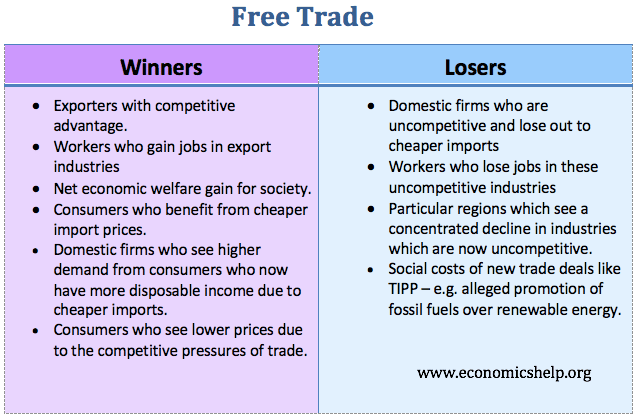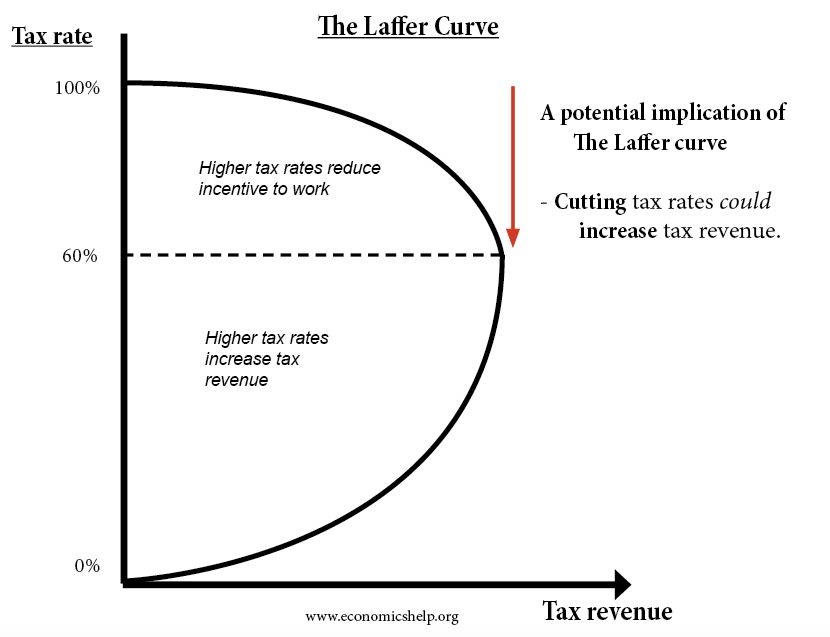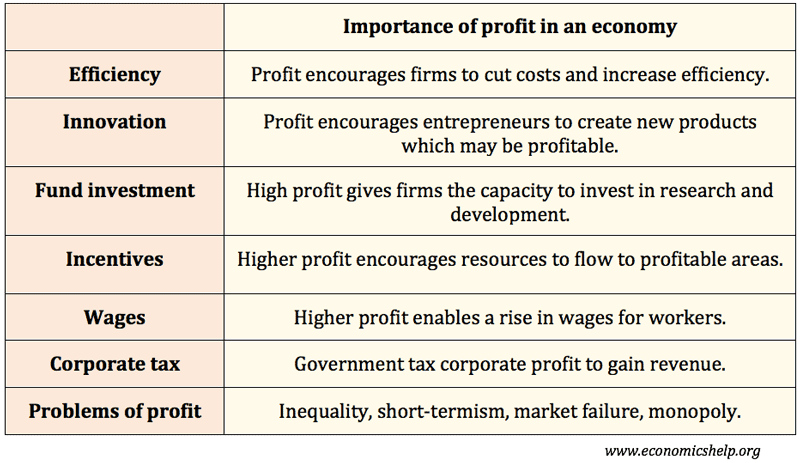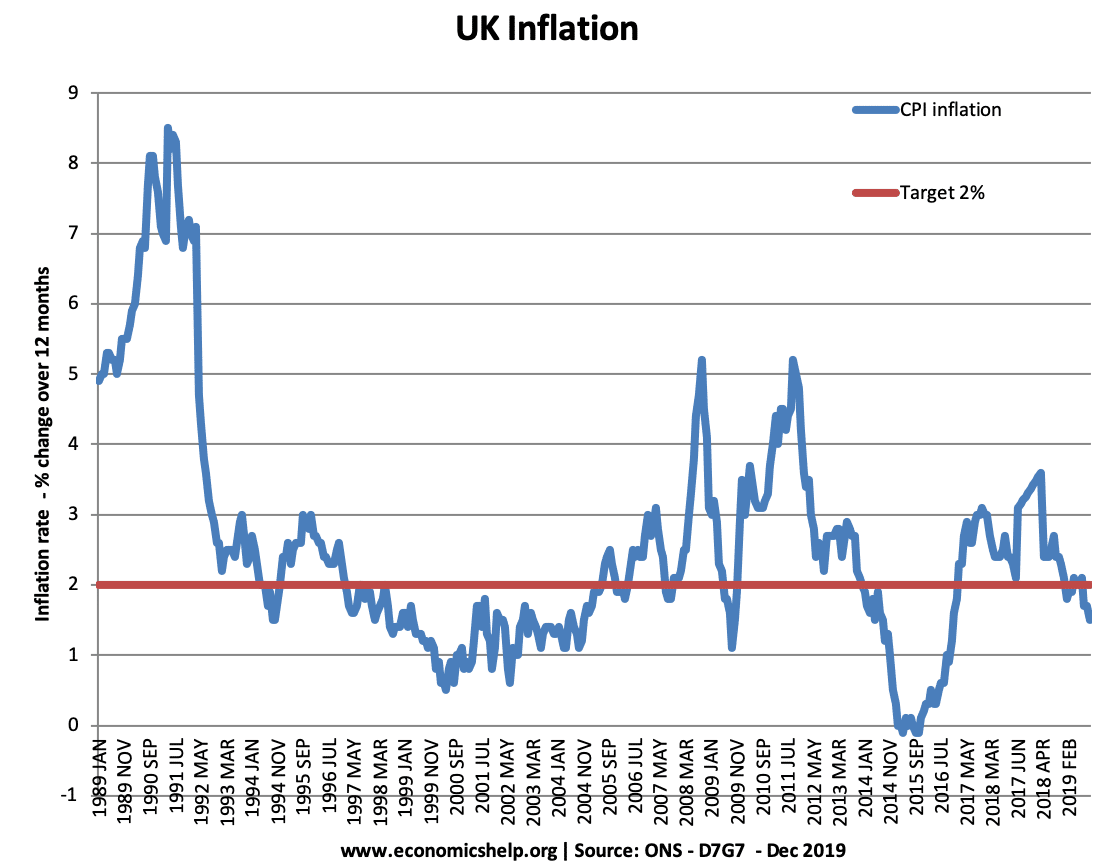Who are the winners and losers from free trade?
Readers question: Who are the winners and losers from free trade? Free trade means that firms can export and import goods without tariff barriers. Free trade leads to lower prices and increased exports and imports. Economists are generally agreed that free trade leads to a net gain in economic welfare; as a result, economists generally …





